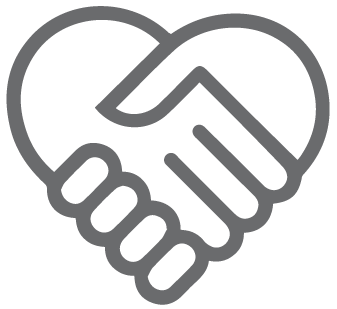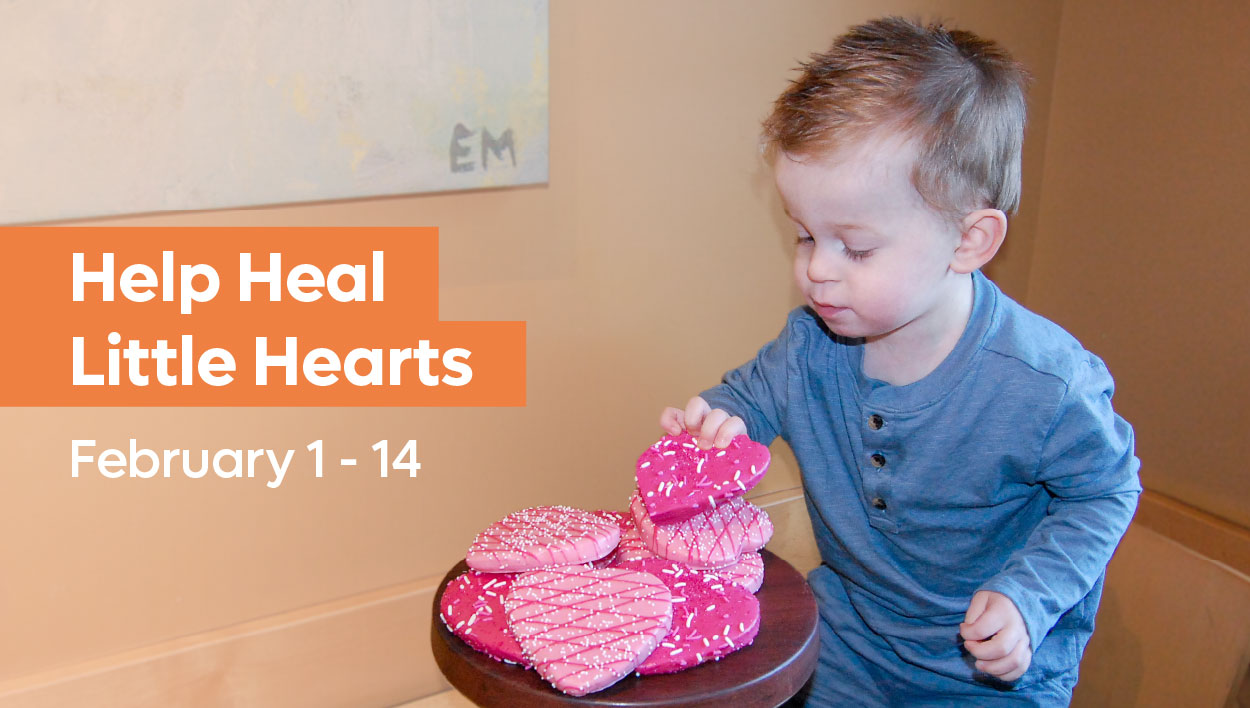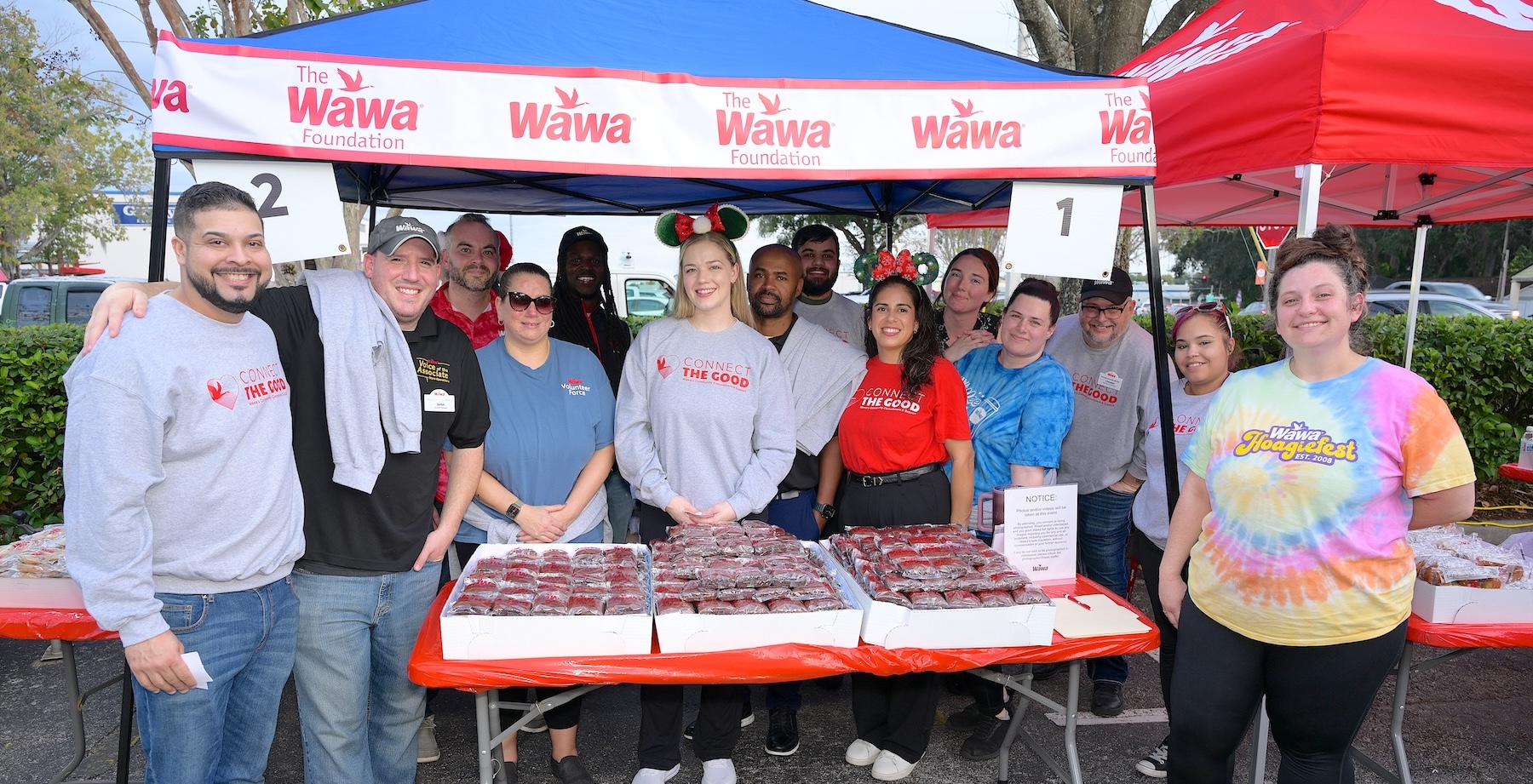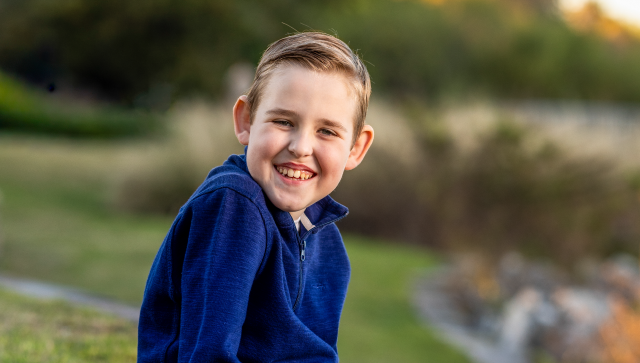Ginny, Stroke Survivor: Why Timing Means Everything
After enjoying a midday lunch at home with her husband, Frank, Ginny got up from her kitchen table and knocked over her glass of water. Surprised at the occurrence, she realized she had no control over her right arm. Frank immediately called 911, recognizing she had all the signs of a stroke. When the paramedics arrived, they confirmed Ginny was having a massive stroke, and airlifted her to Orlando Health Orlando Regional Medical Center (ORMC) where she received emergency surgery to remove the blockage.
In the United States, a stroke occurs every 40 seconds*. Timing is everything when it comes to a stroke and can mean the difference between life and death, and for survivors, the degree of recovery. For Central Florida residents, Orlando Health ORMC, which is recognized as a state-designated Comprehensive Stroke Center, stands ready to treat both simple and complex cerebral vascular disorders.
While Ginny doesn’t remember being transported to the hospital, she remembers her experience once she awoke there. “Everyone at the hospital was absolutely wonderful. I could not have asked for better help. So many people came into my room, who weren’t even treating me at the moment, just wanting to see if I was okay. I am very thankful for the team at Orlando Health ORMC,” recalls Ginny.
On day three of her hospital stay, Ginny and Frank celebrated their 51st anniversary with a slice of cake from the cafeteria.
For Ginny, the thought of having a stroke never occurred to her. “It was such a shock to me that I had one,” she says, as she lived an active lifestyle and tried to eat healthy. After her surgery, Ginny was recovering so well, she did not need to receive any rehab therapy as many stoke patients do. Frank’s urgent response to call the paramedics may have made all the difference in her recovery. Six days after her surgery, Ginny left the Intensive Care Unit and went home.
Six months later, Ginny re-visited Orlando Health ORMC and reunited with her neurosurgeon. “I wanted to express how thankful I was for saving my life. I was almost in tears,” says Ginny. The reunion was filled with fondness for Ginny as she thanked the team that saved her life.
Orlando Health uses the acronym B.E. F.A.S.T. to identify patients who have suffered a stroke - the letters standing for Balance, Eyes, Face, Arms, Speech and Time. Knowing these symptoms of stroke can help protect you and your loved ones.
* National Stroke Association












